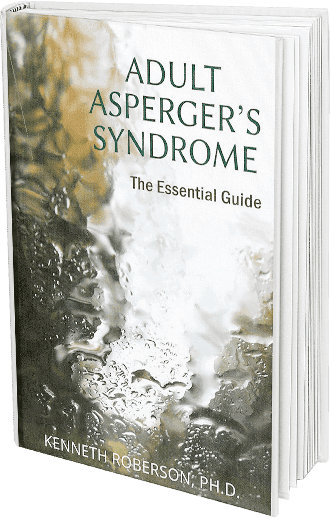
Communication is a vital aspect of any relationship, and it can become especially challenging when one partner has Autism Spectrum Disorder (ASD), and the other is neurotypical. Autism Spectrum Disorder is a neurodevelopmental disorder that affects a person’s ability to communicate, interact with others, and interpret social cues. Couples where one partner has ASD and the other is neurotypical often face unique communication challenges that can cause misunderstandings and difficulties in their relationship. However, there are several strategies that couples can use to address these communication problems and strengthen their relationship.
- Be patient: Communication can be difficult for people with ASD, so it’s essential to be patient and understanding when communicating with them. It may take them longer to process information, respond to questions, or initiate conversations. Being patient can help reduce frustration and improve communication.
- Use clear language: People with ASD often struggle with understanding idiomatic expressions, sarcasm, or metaphors. Using clear and direct language can help them understand the message more easily. Avoid using language that can be misinterpreted or has multiple meanings.
- Simplify instructions: People with ASD often have difficulty processing complex instructions or multi-step tasks. Simplifying instructions can help them understand what is expected of them and reduce their anxiety.
- Allow time for processing: People with ASD often need more time to process information, particularly if it’s complex or emotional. Allowing them enough time to process information and respond can help them feel more comfortable in the conversation.
- Use visual aids: People with ASD often respond better to visual aids, such as pictures or diagrams, than to verbal instructions. Using visual aids can help them understand the message better and reduce their anxiety.
- Practice active listening: Active listening involves paying attention to what the other person is saying and clarifying misunderstandings. It’s essential to give the other person your full attention, repeat their message back to them, and ask questions to clarify any misunderstandings.
- Be aware of non-verbal cues: People with ASD often struggle with understanding non-verbal cues, such as facial expressions or tone of voice. Being aware of this and using clear and direct language can help reduce misunderstandings.
- Seek professional help: If communication problems persist, seeking professional help can be beneficial. A therapist with experience working with couples where one partner has ASD can help identify communication issues and provide strategies to improve communication.
In addition to these strategies, it’s important for couples to have open and honest communication about their needs and expectations in the relationship. Here are some tips for couples to improve communication in their relationship:
- Schedule regular check-ins: Scheduling regular check-ins can help both partners understand each other’s needs and expectations in the relationship. It can also provide an opportunity to discuss any communication issues and work together to find solutions.
- Practice empathy: Empathy involves putting yourself in the other person’s shoes and understanding their perspective. Practicing empathy can help both partners understand each other’s communication style and work together to find common ground.
- Set boundaries: Setting clear boundaries can help both partners understand each other’s needs and respect each other’s boundaries. It can also help reduce misunderstandings and conflict in the relationship.
- Use “I” statements: Using “I” statements can help both partners express their feelings and needs without blaming or accusing the other person. For example, saying “I feel hurt when you interrupt me” instead of “You always interrupt me” can help reduce defensiveness and improve communication.
- Be open to feedback: Being open to feedback and constructive criticism can help both partners understand each other’s communication style and find ways to improve their communication.
Dr. Kenneth Roberson is an Autism Spectrum Disorder psychologist in San Francisco with over 30 years of experience.




